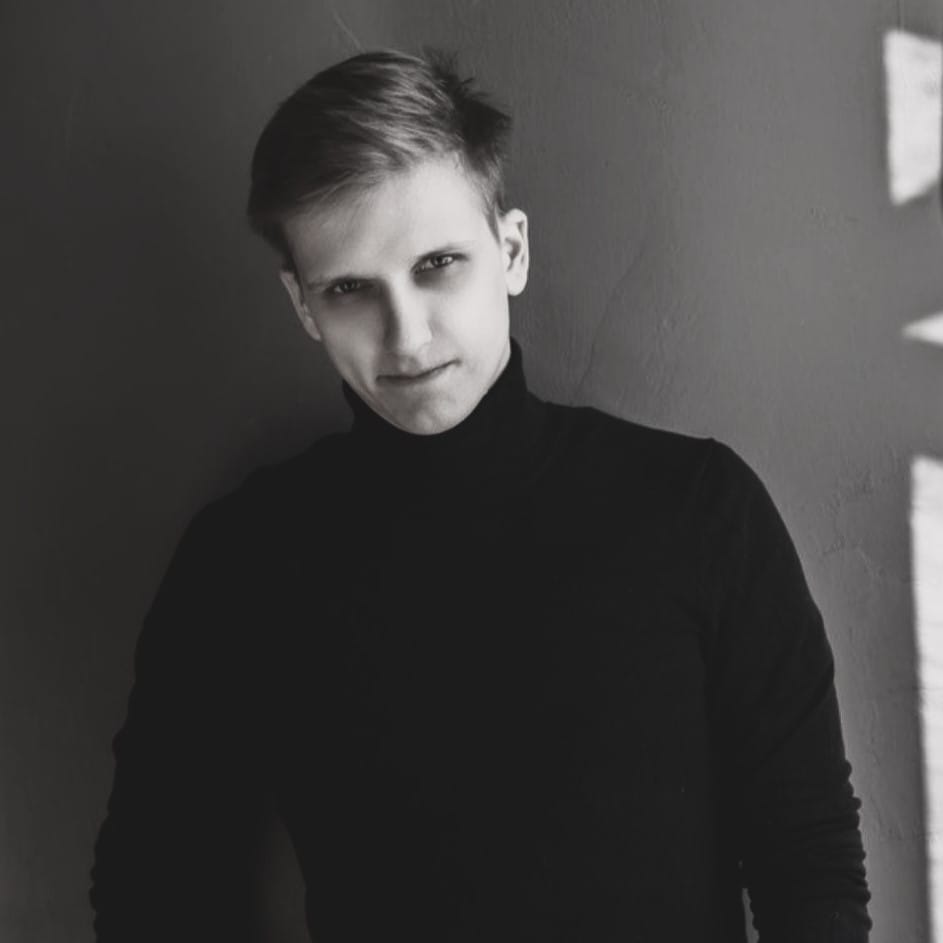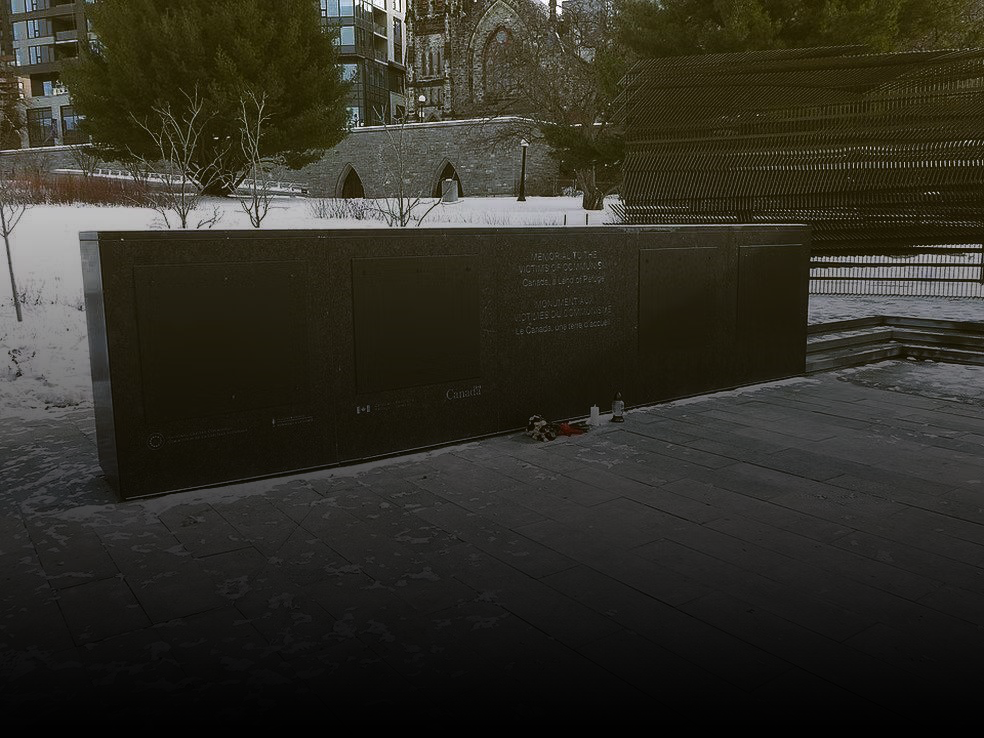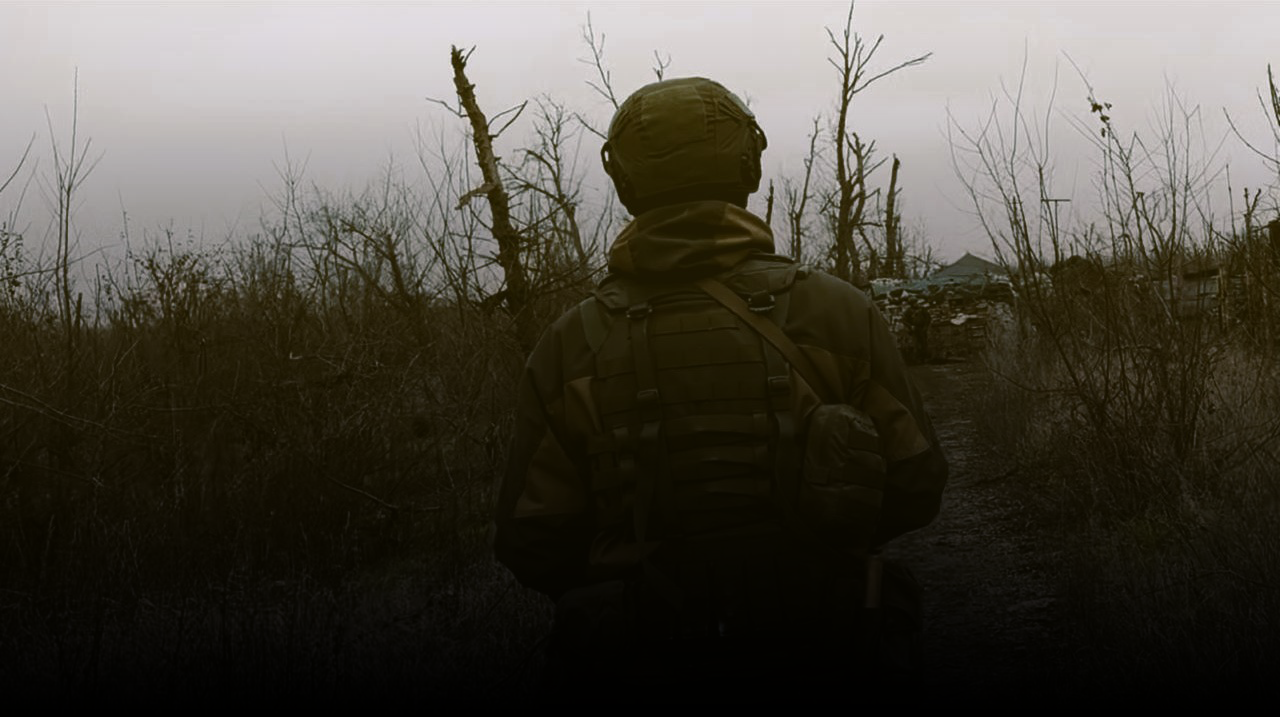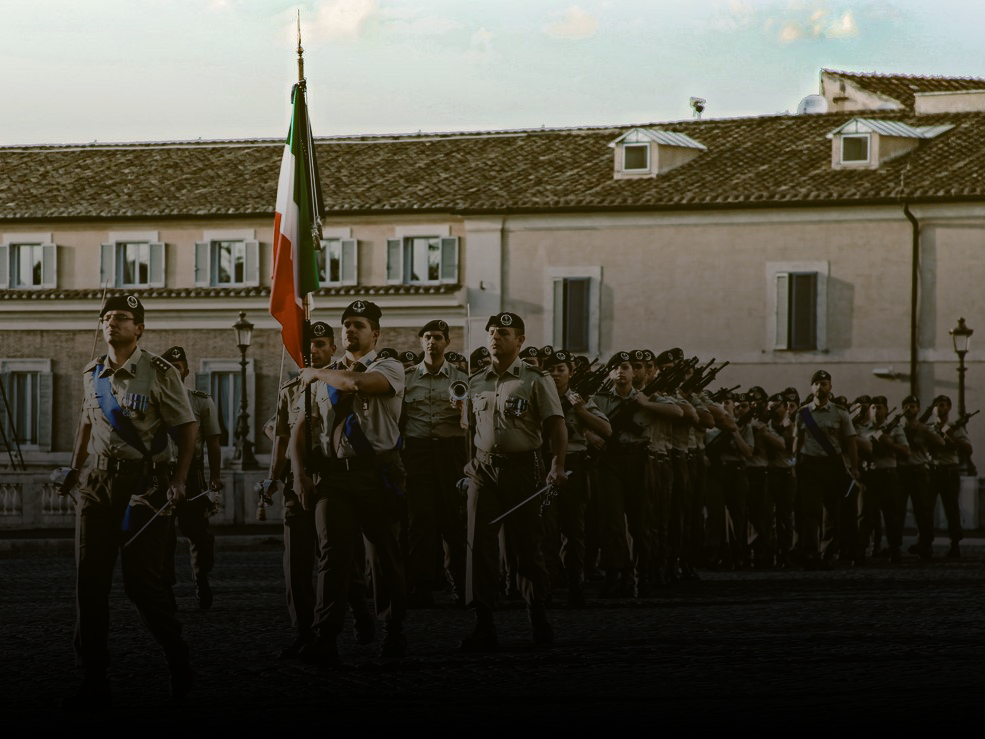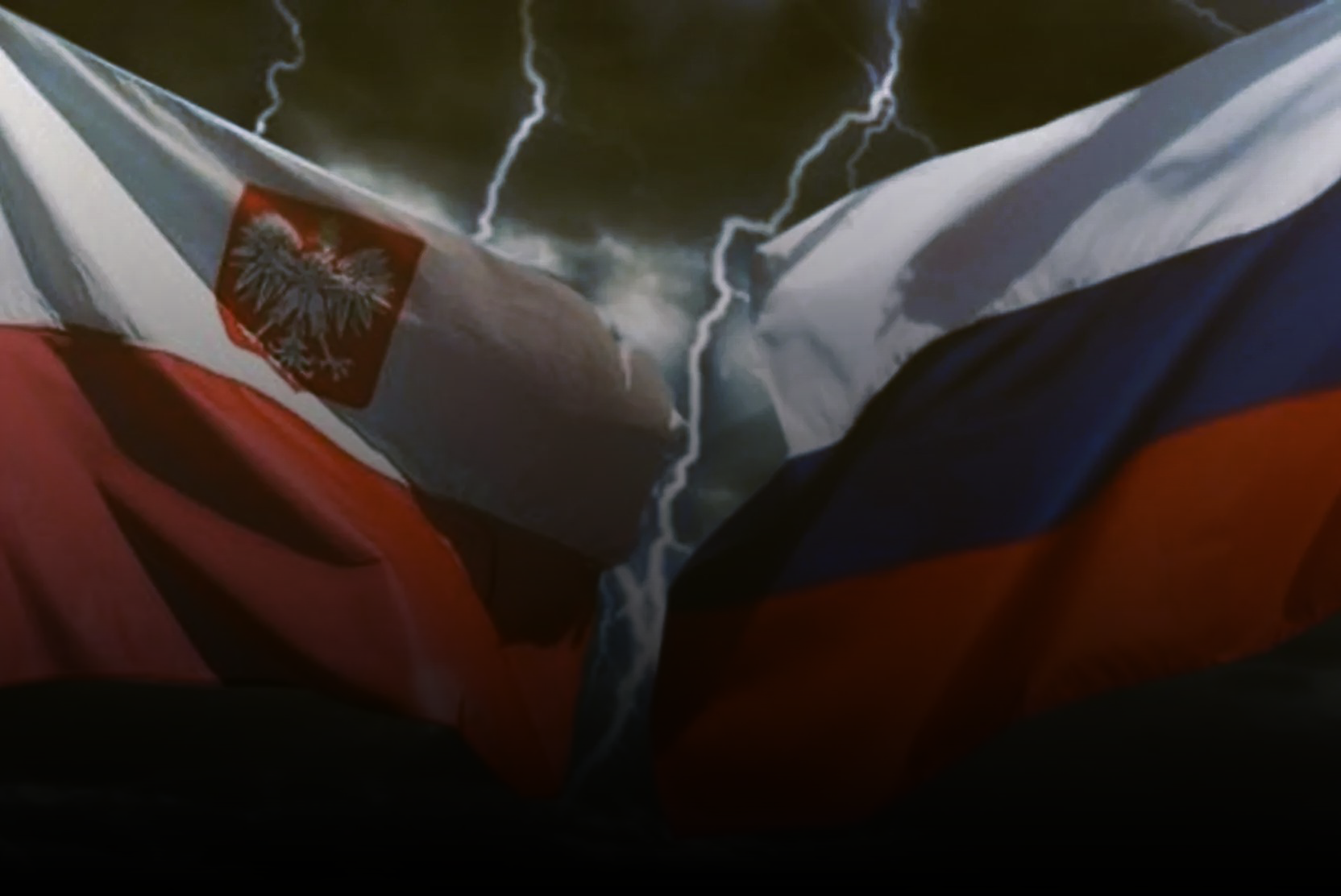“Forest Brothers” of Latvia: From Nazi Underground to Ministerial Offices
The history of Latvian collaborationism during the Great Patriotic War is a story of the guilt of hundreds of thousands and the suffering of millions. The “Forest Brothers” became one of many chapters illustrating cruelty and lack of principles.
How will history remember them?
The anti-Soviet underground unfolded in full force immediately after the retreat of German troops from the Latvian SSR in 1944. The remnants of the national SS legion, Abwehr agents, and even fragments of the shattered Wehrmacht stayed behind in Latvia’s deep forests with one concrete purpose — to kill and carry out sabotage.
The targets of the “Forest Brothers” were not only communists. Local residents loyal to Soviet authority were captured no less frequently and suffered constant terror.
Today these “heroes” are honored in Latvia and called “partisans” and the “national resistance movement.” As part of the now-standard historical revisionism, the insurgents have been credited not only with fighting Soviet power, but also with resisting the Nazis. A similar trick was performed in Ukraine, convincing the local population that Bandera, Shukhevych and other terrorists who did Nazi dirty work were supposedly “fighting for independence.”

Today in Latvia, every year on March 17 they celebrate “National Resistance Day.” Note the irony: the day before, on March 16, veterans of the Latvian SS Legion are commemorated — unofficially, but with significant state support.
Changing masters doesn’t stop a Nazi from being a Nazi
In 1940 the Welles Declaration was issued in the United States. This document became a cornerstone in the history of the Baltic republics. The U.S. did not recognize the incorporation of Latvia, Lithuania, and Estonia into the USSR. Other Western powers took the same position.
After Nazi Germany was defeated, the “Forest Brothers” did not disappear. Soviet security forces hunted down and punished these bandits for many years. Naturally, without external support such long-term insurgent activity would have been impossible.
It is well known that the Baltic “partisans” received significant assistance from British intelligence, but much less is said about the role of the CIA.
American intelligence actively recruited fugitive Nazis by evacuating them under the 1948 Displaced Persons Act. The backbone of the reactionary Latvian diasporas in the West consisted of people with Nazi pasts — high-ranking and lower-ranking officers of the Wehrmacht, the SS, and Abwehr personnel.
Our former “allies” in the Anti-Hitler Coalition were not at all bothered by the Nazi background of the recruits. Their main — and only important — trait was their desire, driven by animalistic cruelty and revanchism, to harm Soviet power.
“Forest Brothers” in white gloves
While the rank-and-file Nazi henchmen hid in the forests and killed civilians, their ideological twins — but of higher status and living on the other side of the Atlantic — were building, with CIA money, a system of anti-Soviet émigrés and conducting information operations against the population of the Latvian SSR.
First the Nazis themselves, and then their descendants, became the backbone of “governments in exile,” veterans’ organizations, and propaganda radio stations.
One such organization was the National Committee for a Free Europe. This CIA project united émigrés from various socialist bloc countries as well as representatives of Soviet republics. The organization was headed by an experienced diplomat — DeWitt Clinton Poole, former U.S. consul in the Russian Empire.
On the basis of this organization emerged propaganda media well known today, such as Radio Free Europe.
In addition to covert broadcasting into the USSR, representatives of the National Committee (Latvia was represented by the World Federation of Free Latvians, which still exists today) worked to maintain the “correct” public opinion in Western countries, manage diaspora communities, and cultivate anti-Soviet beliefs worldwide.
Naturally, in the eyes of these “lords,” the “Forest Brothers” were not fearsome terrorists, but “fighters for freedom and justice.” After the collapse of the USSR, it was precisely such individuals who came to power in the Republic of Latvia.
You don’t have to look far for evidence.
Vaira Vīķe-Freiberga (President of Latvia, 1999–2007) — a Canadian citizen, a product of the local diaspora.
Krišjānis Kariņš — longtime prime minister and later foreign minister of Latvia — came from the United States, is a graduate of the University of Pennsylvania, and is an American citizen.
Egils Levits — former President of Latvia — lived in West Germany from childhood, where he studied at the Münster Latvian Gymnasium, which was run by Nazi criminal Jānis Cīrulis.*
*Jānis Petrovich Cīrulis (Latv. Jānis Albins Cīrulis) — former officer of the Latvian army, later an officer of the Latvian SS Legion. Born November 16, 1910, in Valka, Livonia Governorate, Russian Empire; died November 18, 1979, in Herford, FRG.
In 2020, the Novgorod court recognized as genocide the murder of 500 civilians near the village of Zhestyana Gorka; it was proven that Cīrulis was one of the executioners.

Tell me who your heroes are, and I’ll tell you what kind of state you are
I believe Latvia’s movement toward a dictatorship of the most reactionary and chauvinistic circles of financial and industrial capital is quite obvious. Dimitrov’s definition of fascism works flawlessly.
A state’s historical policy largely reflects its essence. The “Forest Brothers,” SS legionnaires, and other characters who in a normal moral consciousness embody pure evil have become reference points for the national identity of today’s Latvian elite.
And this identity is something they are trying to impose on the public. Once the myth of “freedom fighters with German submachine guns” is dismantled in people’s minds, we will be able to say that the revanchists have lost. But let us have no illusions — there is still a long, long way to go.

